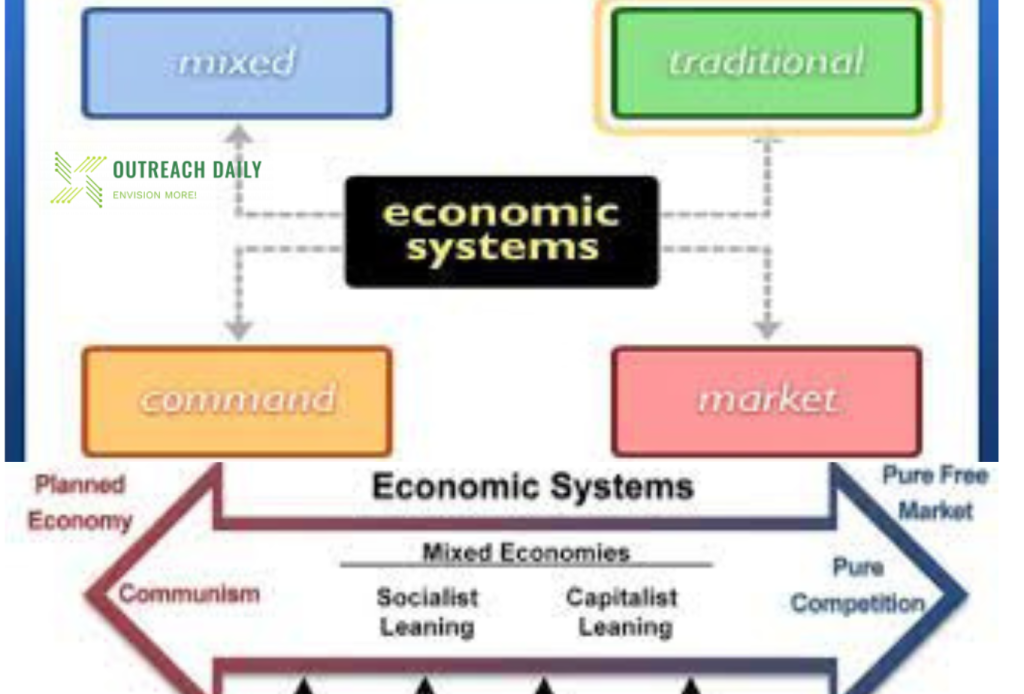Economic Systems
Introduction: An economic system is a means by which societies or governments organize and distribute available resources, services, and goods across a geographic region or country. Economic systems regulate the factors of production, including land, capital, labor, and physical resources. An economic system encompasses many institutions, agencies, entities, decision-making processes, and patterns of consumption that comprise […]







